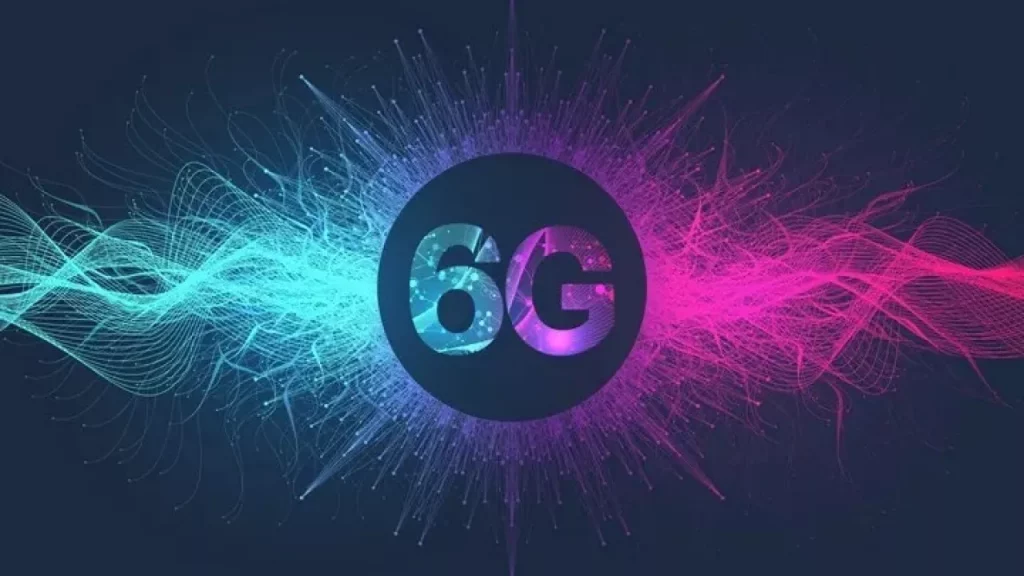Although the use of 5G technology is increasing rapidly, it is still not widespread in many countries. However, this is not an obstacle to the development of technology. Technologically developed countries such as China and ADB have already started working on 6G. So who will win this nascent rivalry between the two countries? According to the latest reports, China maintains its lead in 6G, but the US has two secret weapons.
China continues to lead in the 6G race
Chinese ZTE and the country’s Ministry of Industry and Information Technology (MIIT) conducted a sample test of some technologies that will be important for the creation of 6G. ZTE provided some of the staff and equipment used in the tests. The five tests that ZTE took part in included:

- 6G distributed autonomous network and digital twin network concept sample
- 6G computing power network key tech concept sample
- 6G terahertz key tech concept sample
- 6G communication perception integration key tech concept sample
- 6G intelligent metasurface tech concept sample
All reports of ZTE’s tests with the government have been positive, but that doesn’t mean we will start using 6G technology soon. We are still years away from talking about this technology in a way that would allow us to compare its potential to 5G. However, As we said, China is not the only country investing in 6G, research is continuing in the U.S. and Europe.
Last year, the China National Intellectual Property Administration (CNIPA) claimed that out of approximately 38,000 patents related to 6G worldwide, 13,449, or 35% came from China. The U.S. was second with 18% of the 6G patents. The difference is quite large, but the USA intends to close it.
Huawei and ZTE are banned so the U.S. is turning to Ericsson and Nokia. Ericsson is reportedly following a ten-year plan that would lead to a commercial launch of 6G service sometime in 2030. The company will soon release a strategy on how it plans to develop 6G. CEO Katherine Ainley said, “We will establish a team of 20 high-level researchers in the U.K., and will also provide funding for students. The initial focus will be on 6G network and hardware security.”
- LG successfully demonstrated wireless transmission and reception of 6G terahertz (THz) data
- 6G network will be available by 2030, Nokia’s CEO said during a panel discussion…
- Samsung begins 6G development that may be 50 times faster than 5G
- Researchers in China reportedly achieve data streaming using 6G technology
- LG demonstrates its progress in 6G technology at a Korean exhibition
(via)






